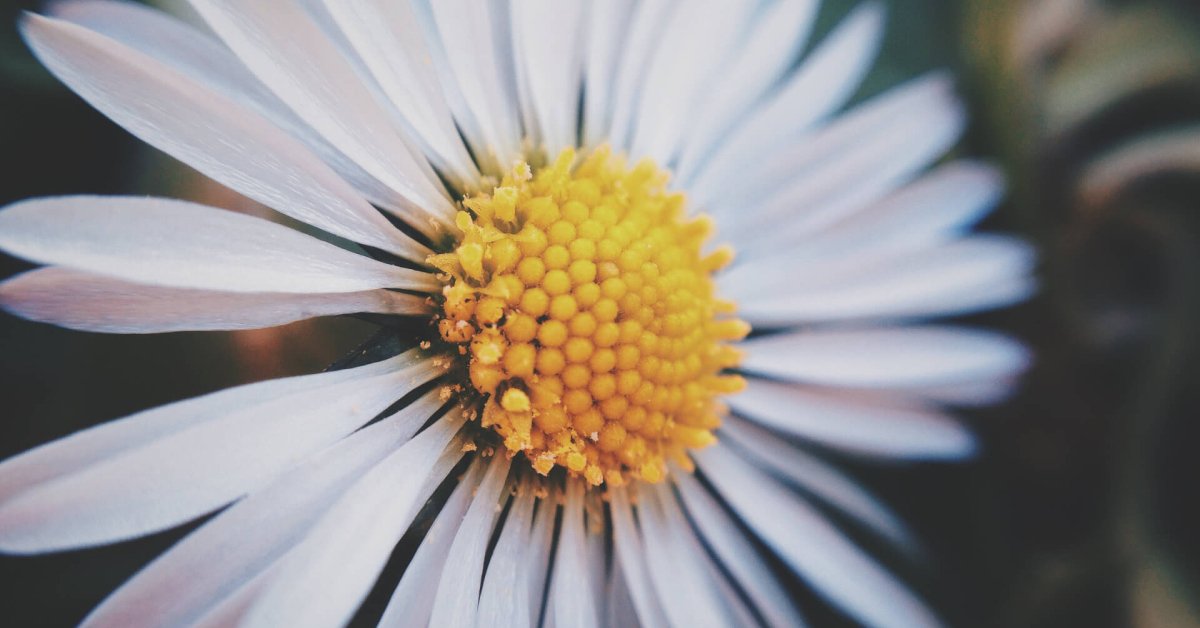When I first switched to a vegan diet I worried about getting enough of all the right nutrients. Potassium was high on my list since it’s so important for heart health and energy. Turns out there are plenty of delicious plant-based foods packed with this essential mineral.
I quickly realized you don’t need animal products to meet your potassium needs. From vibrant fruits to hearty veggies and even some surprising snacks there’s a whole world of vegan options out there. Let me share some of my favorite potassium-rich foods that make eating healthy both easy and tasty.
Understanding the Importance of Potassium in a Vegan Diet
Potassium plays an essential role in muscle function, nerve signaling, and maintaining fluid balance. I see many home cooks and new vegans asking about plant-based sources because they want to support heart health and steady energy for active lifestyles.
In my years running a vegan restaurant, I learned that most people associate potassium only with bananas, but there are several other vegan foods high in potassium that support a well-rounded plant-based diet. Lentils, white beans, and sweet potatoes, for example, deliver substantial amounts. Spinach and avocados also rank high among vegan-friendly options.
Potassium supports cardiovascular function by regulating blood pressure and counteracting sodium’s impact. For active vegans, this mineral helps prevent muscle cramps and fatigue during exercise. When planning daily meals, I make sure to include a variety of high-potassium vegan ingredients, especially in soups, salads, grain bowls, and homemade snacks.
For anyone new to vegan cooking or looking for tasty ways to support overall well-being, focusing on potassium-rich choices makes meals both nourishing and flavorful.
Top Vegan Foods High in Potassium
I focus on using whole food vegan ingredients for both flavor and nutrition. When it comes to potassium, nature provides an impressive range of plant-based options, perfect for nutrient-dense home cooking.
Leafy Greens and Vegetables
I include leafy greens and vegetables for significant potassium content. Spinach, Swiss chard, beet greens, and bok choy all provide more than 500 milligrams per cup when cooked. I toss steamed broccoli or roasted sweet potatoes into salads and grain bowls, since both pack over 400 milligrams per serving. Potatoes and squash also work well in soups and sides for vibrant potassium intake.
Fruits Packed With Potassium
I select fruits for both taste and potassium density. Avocados deliver about 700 milligrams per fruit. Bananas, a staple in my smoothies, offer around 420 milligrams each. Oranges and kiwis each provide between 230 and 240 milligrams per fruit, while dried apricots give more than 1,100 milligrams per cup. I add sliced fruits to breakfast bowls or blend them into shakes for a quick nutrient boost.
Legumes, Beans, and Lentils
I use legumes, beans, and lentils in many savory recipes for steady potassium delivery. White beans top the list at nearly 1,000 milligrams per cooked cup. Lentils, black beans, and kidney beans range from 600 to 800 milligrams per cup. I simmer bean stews or toss cooked legumes into hearty salads, adding flavor and potassium at the same time.
Nuts, Seeds, and Whole Grains
I rely on nuts, seeds, and whole grains for extra potassium in snacks and meals. Pumpkin seeds supply about 590 milligrams per ounce. Almonds and pistachios each contain around 210-290 milligrams per ounce. Whole grains, like quinoa and bulgur, contribute 250-300 milligrams per cooked cup. I sprinkle seeds or nuts onto oatmeal, blend them into dressings, or serve whole grains under veggie stir-fries for even more delicious nutrition.
Tips for Increasing Potassium Intake on a Vegan Diet
Plan meals around whole vegan ingredients with naturally high levels of potassium. I focus on ingredients like lentils, spinach, sweet potatoes, and avocados for daily meal prep. Combine at least two potassium-rich foods in most recipes, like spinach and lentils in a stew or sweet potatoes with avocado in a grain bowl, to raise intake without much effort.
Use cooked and raw vegetables strategically, since potassium levels can shift with cooking. I often steam kale and Swiss chard for salads to keep more potassium intact, or roast sweet potatoes for flavor and texture. Rotate both raw and cooked vegetables each week to help balance nutrients and flavors.
Snack purposefully to boost potassium throughout the day. I keep roasted chickpeas, banana slices with almond butter, or trail mix with pumpkin seeds on hand for quick energy and a steady source of potassium.
Balance meals throughout the day with grains, fruits, and legumes. I build lunches around lentil or bean salads tossed with cubed sweet potatoes and leafy greens, or start the morning with oatmeal topped with dates, raisins, and walnuts to steadily meet my potassium goals.
« Using Agar-Agar in Vegan Desserts: Tips, Recipes, and How to Get Perfect Gel Texture Every Time
The Pros and Cons of Hemp Milk: Nutrition, Taste, and How It Compares to Other Plant Milks »
Read nutrition labels and use digital tracking apps when trying new store-bought vegan products, since potassium content varies between brands. I recommend seeking items with at least 300mg potassium per serving for packaged foods.
Drink smoothies blended with multiple vegan potassium sources, like bananas, spinach, and soy milk. Layering a few ingredients high in potassium in one recipe makes smoothies both nutrient-dense and delicious.
Season meals with herbs like parsley and basil, which contain additional potassium and add extra flavor. I sprinkle chopped herbs into pasta, soups, and grain bowls to finish dishes with a fresh boost.
Stay hydrated, as fluid balance helps the body regulate potassium. I often infuse water with citrus fruits or use coconut water as an occasional hydrating beverage for both taste and electrolyte support.
Check the daily potassium value for your age and activity level, based on guidelines from the National Institutes of Health, to match meal planning with individual wellness goals.
Potential Risks of Potassium Deficiency for Vegans
Potassium deficiency, or hypokalemia, impacts vegans just as it does anyone else, but relying only on less nutritious processed foods can make it easier to fall short even on a varied plant-based diet. I focus my recipes on whole ingredients, since missing out on enough potassium often causes persistent fatigue, muscle weakness, and cramping—symptoms that are especially noticeable during workouts or long shifts in a professional kitchen.
Serious potassium deficiency also affects heart rhythm and normal blood pressure regulation, according to the National Institutes of Health. I monitor these potential risks for clients, since irregular heartbeat or ongoing tiredness sometimes links to low potassium from insufficient intake or dehydration.
While most vegans eating a varied diet rich in legumes, leafy greens, potatoes, and fruits keep potassium levels in range, skipping these foods limits both flavor and nutrition. In my teaching kitchen, I’ve seen how quick switches to heavily processed foods or missing out on meal planning can result in headaches, constipation, or tingling sensations—early warning signs of electrolyte imbalance.
Those with higher risk, including athletes or anyone sweating often, can lose potassium more rapidly and might need to pay even closer attention to replenishing it through meals and snacks. I always encourage checking with a registered dietitian for anyone managing chronic illness, since some medications, such as diuretics, further increase potassium loss. Proper hydration, balanced recipes, and a regular mix of potassium-rich vegan foods keep these risks low while making each dish flavorful and nourishing.
Conclusion
Switching to a vegan diet gave me the chance to explore so many new foods and flavors while still meeting my potassium needs. With a little planning and creativity it’s easy to enjoy all the benefits of this essential mineral without relying on animal products. I’ve found that focusing on whole plant-based foods not only supports my health but also keeps my meals exciting and satisfying. If you’re looking to boost your potassium intake there are plenty of tasty vegan options out there just waiting to be enjoyed.





